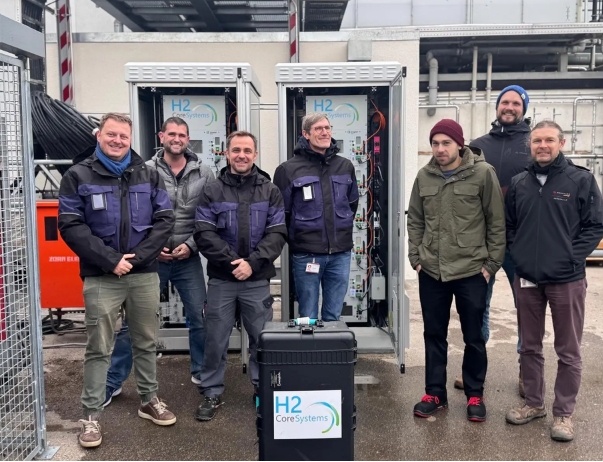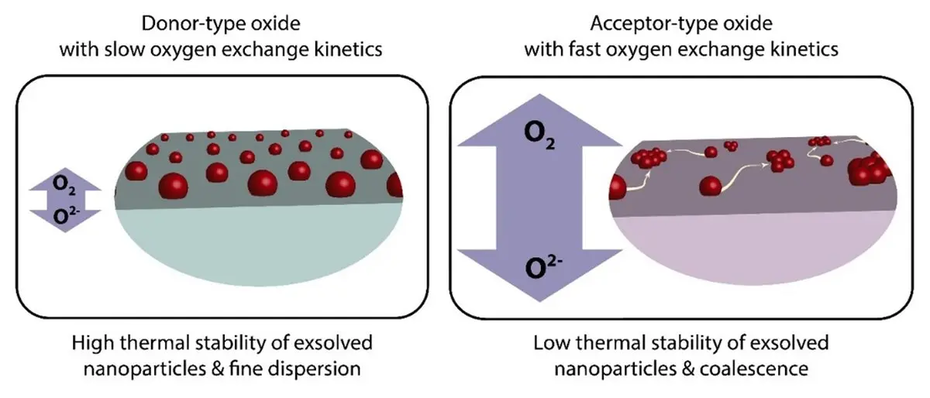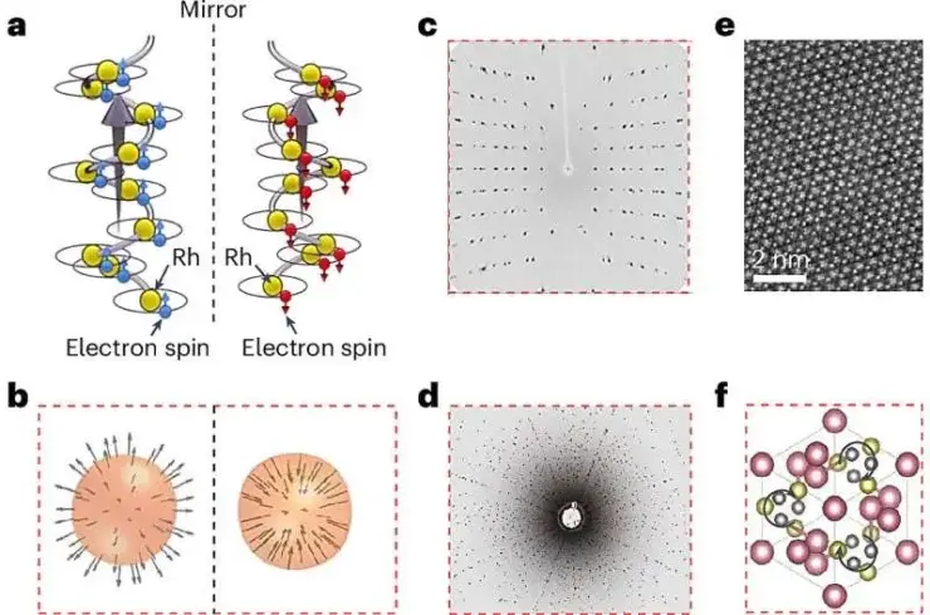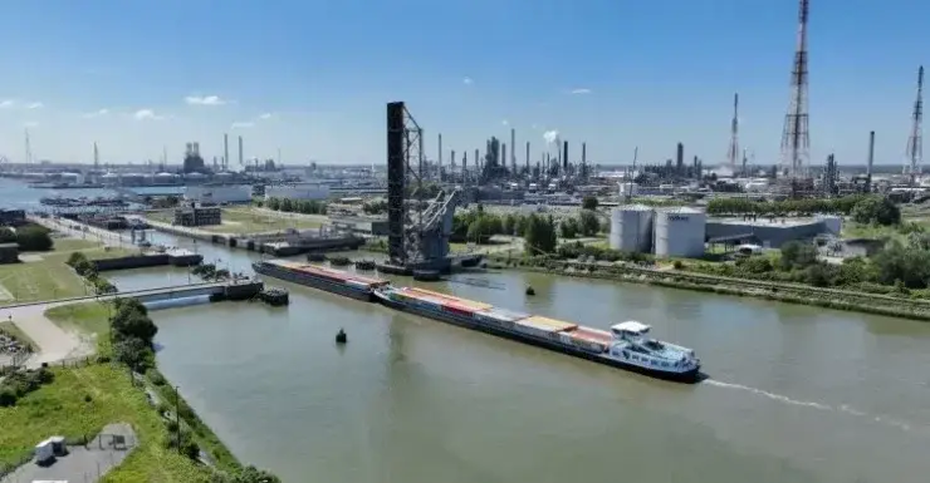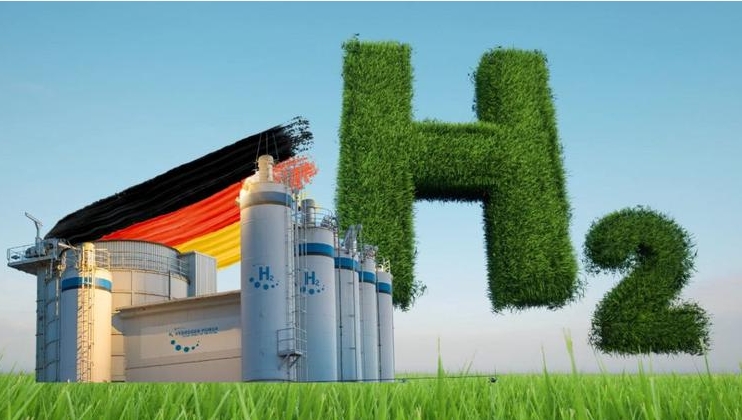:quality(70)/cloudfront-eu-central-1.images.arcpublishing.com/thenational/FM5KERR54VGANBC52G6QUQ6R3U.jpg)
Four units of the Barakah plant. Photo: Emirates Nuclear Energy Corporation
The Arab world’s second-largest economy is developing new renewable energy projects, including Barakah nuclear plant, as it aims to become carbon neutral by 2050. It plans to invest Dh600 billion ($163.5bn) to reach the target.
Barakah nuclear plant currently generates 2.8 gigawatts of clean electricity, said Mohamed Al Hammadi, chief executive of Emirates Nuclear Energy Corporation.
“The second of our four reactors at the Barakah plant entered commercial operations in March this year,” Mr Al Hammadi, who is also the managing director of Enec, told the World Utilities Congress in Abu Dhabi.
“With all four reactors online, nuclear energy will meet 25 per cent of the UAE’s electricity demand.”
Two units of the nuclear plant are currently operational, while construction on the third unit was recently completed.
The project has also delivered large-scale decarbonisation and “when fully operational, the plant will prevent around 22.4 million metric tonnes of carbon emissions every year”.
The UAE is also building new solar projects to boost the supply of clean energy in the country, including the world’s largest solar plant in Al Dhafra region of Abu Dhabi, with a total capacity of two gigawatts, and the five-gigawatt Mohammed bin Rashid solar park in Dubai.
The nuclear plant is also expected to drive major economic benefits for the country. Barakah will reduce gas consumption by about 1,000 million cubic feet per day — the equivalent of 205,000 barrels of oil — with savings estimated at $7.4bn per annum in terms of oil barrels, Enec said, citing a recent report by S&P Global.
Barakah is also expected to help the UAE to become a net LNG exporter by 2030 by saving its natural gas resources.
“The Barakah plant and its immediate economic benefits are just the tip of the iceberg,” Mr Al Hammadi said.
“Beyond Barakah is the delivery of the wider UAE peaceful nuclear energy programme. The programme has set forward the need to invest in technologies that can be leveraged to extract greater value and opportunity towards our net-zero ambitions.”
He added that UAE companies are also buying clean energy certificates issued by the Abu Dhabi Department of Energy’s Clean Energy Certification programme to demonstrate proof of their use of clean electricity produced at the Barakah plant and Abu Dhabi’s solar facilities.
Enec is also looking to invest in new small modular reactors (SMRs) as well as clean hydrogen to continue driving the UAE’s path to net zero, Mr Al Hammadi said.
